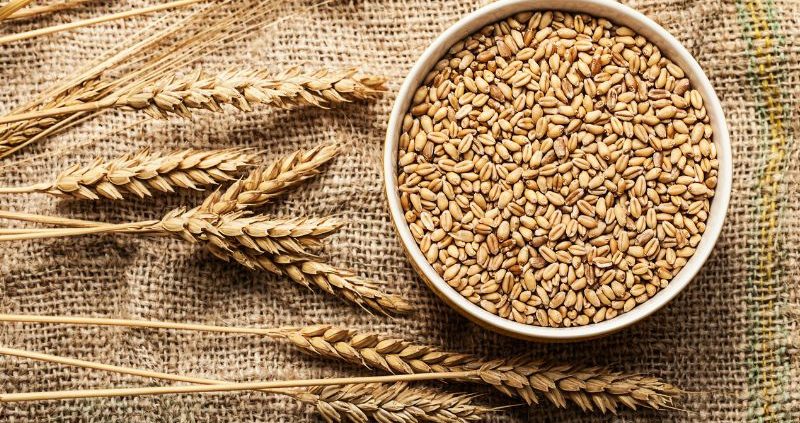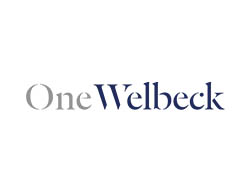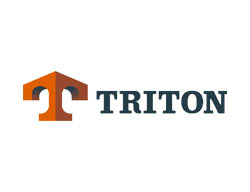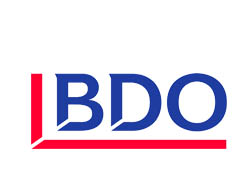Six effective strategies to lower your risk of bowel cancer
It’s Decembeard! This is the annual campaign to ditch the razor and grow a beard during the month of December to raise awareness for bowel cancer. Bowel cancer, also known as colorectal cancer, is the fourth most common cancer in the UK.
The good news is that there are practical steps you can take to significantly reduce your risk of developing this type of cancer. Although age and genetics are a factor, lifestyle plays a principal role in causing colorectal cancer.
Research has shown that by adopting a healthy lifestyle and making informed choices, you can enhance your overall well-being and protect yourself from bowel cancer, as well as many other serious health concerns.

In an article published last month in Nutrients, researchers evaluated dietary risk factors in bowel cancer using data from the UK biobank, a large-scale biomedical database and research resource.
The meta-analysis of 139 foods and nutrients found that white bread and a higher alcohol intake were associated with an increased risk for colorectal cancer. Conversely, dietary fibre, calcium, magnesium, phosphorus, and manganese were all linked to a decreased risk for the condition.Lifestyle factors and bowel cancer risk
In this blog post, we’ll explore six effective strategies to help you minimise your risk and promote colorectal health.
- Adopt a balanced diet: One of the most powerful tools in preventing bowel cancer is maintaining a balanced and nutritious diet. Focus on incorporating a variety of fruits, vegetables, whole grains, and lean proteins into your meals. High-fibre foods, such as beans, legumes, and whole grains, can contribute to a healthy digestive system and reduce the risk of colorectal cancer. Limit your intake of red and processed meats, as they have been linked to an increased risk of bowel cancer. Instead, opt for fish, poultry, and plant-based protein sources to support a well-rounded diet
- Stay physically active: Regular physical activity has been consistently associated with a reduced risk of bowel cancer. Engaging in moderate to vigorous exercise for at least 150 minutes per week can promote a healthy digestive system and help regulate bowel movements. Exercise also contributes to weight management, another critical factor in reducing the risk of colorectal cancer. Whether it’s brisk walking, cycling, swimming, or participating in fitness classes, find an activity you enjoy and make it a consistent part of your routine.
- Maintain a healthy weight: Being overweight or obese has been identified as a significant risk factor for bowel cancer. Adopting a healthy lifestyle that includes a balanced diet and regular exercise can help you achieve and maintain a healthy weight. Aim for a body mass index (BMI) within the recommended range, as excess body fat, especially around the waist, has been linked to an increased risk of colorectal cancer. Make gradual, sustainable changes to your diet and exercise habits to support long-term weight management and reduce your risk.
- Quit smoking and limit alcohol intake: The harmful effects of smoking on overall health are well-documented, and bowel cancer is no exception. Smoking has been linked to an increased risk of colorectal cancer, making it crucial to quit smoking for both your respiratory and digestive health. Additionally, excessive alcohol consumption has been associated with an elevated risk of bowel cancer. Limiting alcohol intake to moderate levels (up to one drink per day for women and up to two drinks per day for men) can help reduce this risk and contribute to a healthier lifestyle.
- Get screened regularly: Regular screenings for bowel cancer are essential, especially for individuals with a family history of the disease or those over the age of 50. Screening tests, such as colonoscopies, can detect precancerous polyps or early-stage cancer when it is most treatable.
- Prioritise gut health: Maintaining a healthy gut is paramount in reducing the risk of bowel cancer. Probiotics, found in fermented foods like yogurt, kefir, and sauerkraut, can support the balance of beneficial bacteria in your digestive system. Fibre-rich foods also play a crucial role in promoting gut health by aiding digestion and regulating bowel movements. Stay hydrated, as water is essential for proper digestion and overall digestive system function.
Reducing your risk of bowel cancer or any chronic health condition can be significantly improved by making healthy lifestyle changes. Call +44 (0)20 4580 1152 for more advice and support on making these changes or to discuss a screening programme that aligns with your individual needs and medical history.










